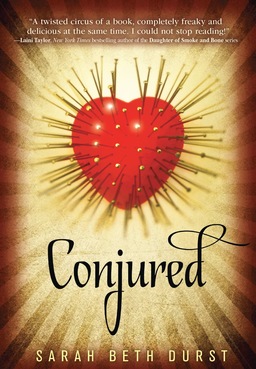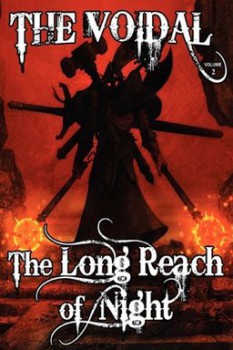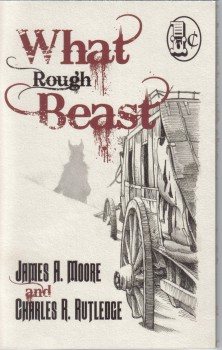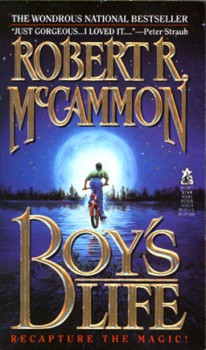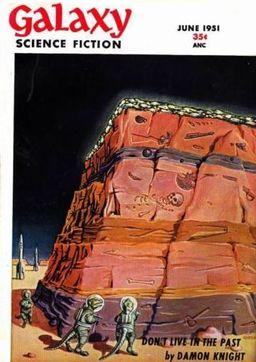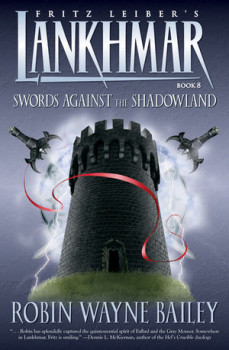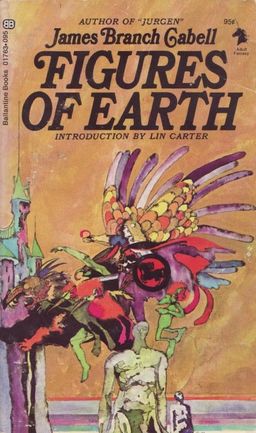Alien Rats, Apocalyptic Nightmares, and a Horror Worse Than Ghosts: Year’s Best Weird Fiction, Volume One
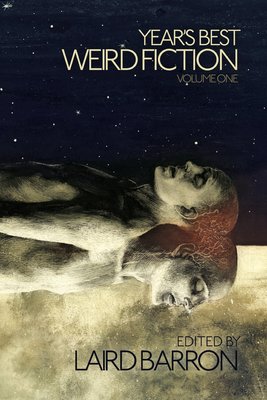 What comes to mind when you think of “weird” literature? For me, I’m inclined to think about horror stories. But the weird, and its long tradition, is so much more. For an attempted definition of “weird” one could not do better than the following:
What comes to mind when you think of “weird” literature? For me, I’m inclined to think about horror stories. But the weird, and its long tradition, is so much more. For an attempted definition of “weird” one could not do better than the following:
[The weird is] speculative in nature, chiefly derived from pulp fiction in the early 20th century, whose remit includes ghost stories, the strange and macabre, the supernatural, fantasy, myth, philosophical ontology, ambiguity, and featuring a helping of the outré. Weird fiction, at its best, is an intersecting of themes and ideas that explore and subvert the laws of Nature (p. 7).
These helpful words come from editor Michael Kelly’s foreword to the first volume of Undertow Publication’s Year’s Best Weird Fiction. As Kelly’s definition of weird makes clear, it has never fit neatly into any one category of genre. Thus he concludes that we are long overdue to have a year’s best anthology dedicated specifically to the weird.
One of the very interesting things about this proposed project is the goal of having a different guest editor each year. And one of the things that really excited me about this anthology, when I first heard about it, was that Laird Barron was going to be the inaugural guest editor. Barron is an excellent writer of horror and the weird, and personally one of my favorite authors. See my reviews of The Beautiful Thing That Awaits Us All, The Light is the Darkness, and The Croning. But is his anthology of the weird any good?
In a word, yes.
